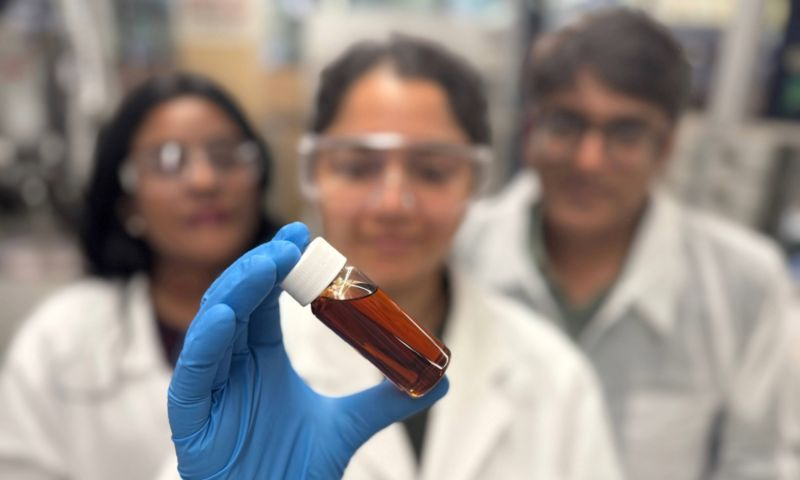Newcastle University: Could selective breeding help reduce coral bleaching and mortality?
- Global Research Partnerships
- Dec 10, 2024
- 3 min read

The image of a once-vibrant reef bleached white by thermal stress is a haunting reminder of the threats that corals face in the wake of global warming.
However, a discovery by our scientists offers hope: selective breeding can improve the ability of corals to survive intense marine heat waves. Read on to find out more.
Coral reefs and climate change
Because of their sensitivity to high ocean temperatures, what happens to reef-building corals can serve as a key indicator of the impacts of global warming and the increasing frequency of heatwave events on natural ecosystems. Coral reefs undergo a physical change when under heat stress, turning white in a process known as 'bleaching'. If heat stress does not subside, coral bleaching often leads to mortality. Corals are the ecosystem engineers of tropical reefs, and so losing them will cause significant degradation of the broader ecosystem.
In the past coral reefs have recovered from stress conditions without human intervention. However, due to the increasing frequency and intensity of marine heatwaves, there might not be enough time in between events for natural recovery to occur. It is becoming apparent that natural adaptation will likely be too slow to keep up with ocean warming of 3 °C or higher. It is with this knowledge that Dr Adriana Humanes and Dr Liam Lachs - lead authors of the study and Postdoctoral Research Associates - explored the possibility of selectively breeding corals to improve the heat tolerance of their offspring.
What is coral bleaching?
Corals gain their colour from microscopic algae that are held within their tissue. Coral and microalgae have a mutually beneficial - or symbiotic - relationship based on the sharing of shelter, nutrients, and carbon derived from microalgal photosynthesis. While occupying coral, the microalgae is known as an endosymbiont: an organism that lives within another in a symbiotic relationship.
When water temperatures rise, the symbiosis between corals and their endosymbionts breaks down and microalgae are lost from the coral tissues. This causes corals to appear ghostly white. Bleached corals are not dead, and it is possible for the coral to recover and take up new symbionts if heat stress subsides. However, bleached corals are considerably weakened and more likely to succumb to mortality. As many as 7,000 different species of marine life are supported within coral reefs, making mass coral bleaching mortality events a considerable problem that can devastate the ecosystem.
Selective breeding corals for heat tolerance
From high-yield crops to hybridised roses and pedigree dogs, humans have practiced selective breeding on plants and animals for thousands of years. Although historically used for aesthetic or agricultural purposes, selective breeding is now being considered as a tool for nature conservation, in particular with regard to climate change adaptation. For example, wheat has been selectively bred to endure drought, while selectively breeding spruce trees has increased their cold tolerance.
Selective breeding is also being considered to boost coral heat tolerance and thus hopefully improve the chances of survival in the face of climate change. Breeding trials were conducted by the international team of scientists using two heat exposures: a short but intense heat exposure (10 days, reaching +3.5°C), and a less intense but long-term exposure (1 month, reaching +2.5°C) that is more typical of natural marine heatwaves.
The team found that selecting parent colonies for high rather than low heat tolerance increased the tolerance of adult offspring. For the first time, this study shows that a single generation of selective breeding can produce a significant change in the heat tolerance of adult offspring.
This study was the culmination of a five-year project, launched by the Principal Investigator Dr James Guest with funding from the European Research Council. Dr Guest, Reader in Coral Reef Ecology at Newcastle University’s School of Natural and Environmental Sciences, explains that 'the results show that selective breeding could be a viable tool to improve population resilience.



